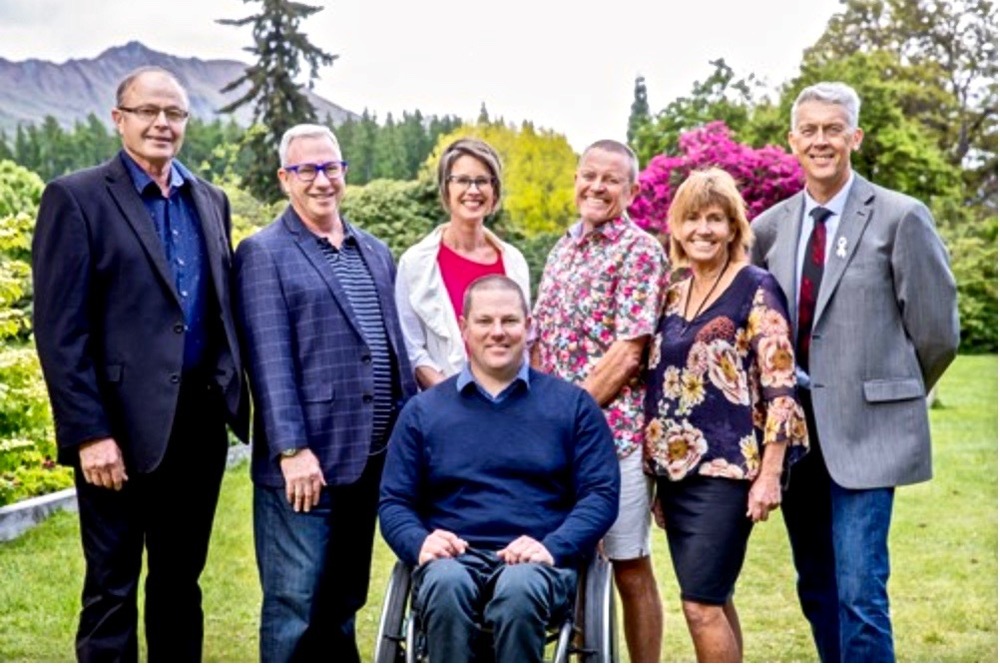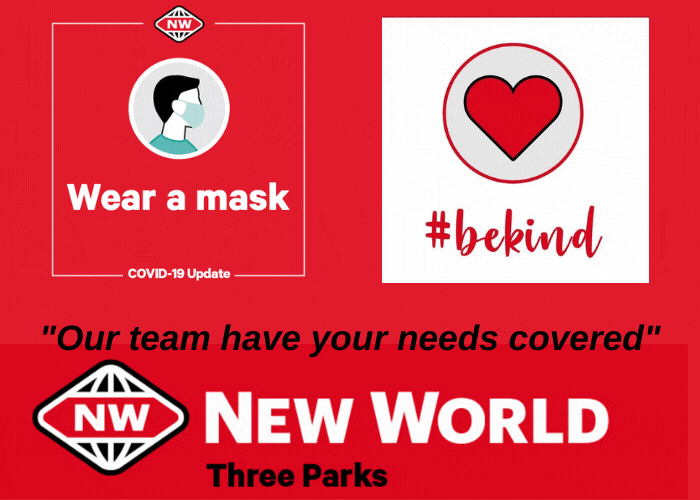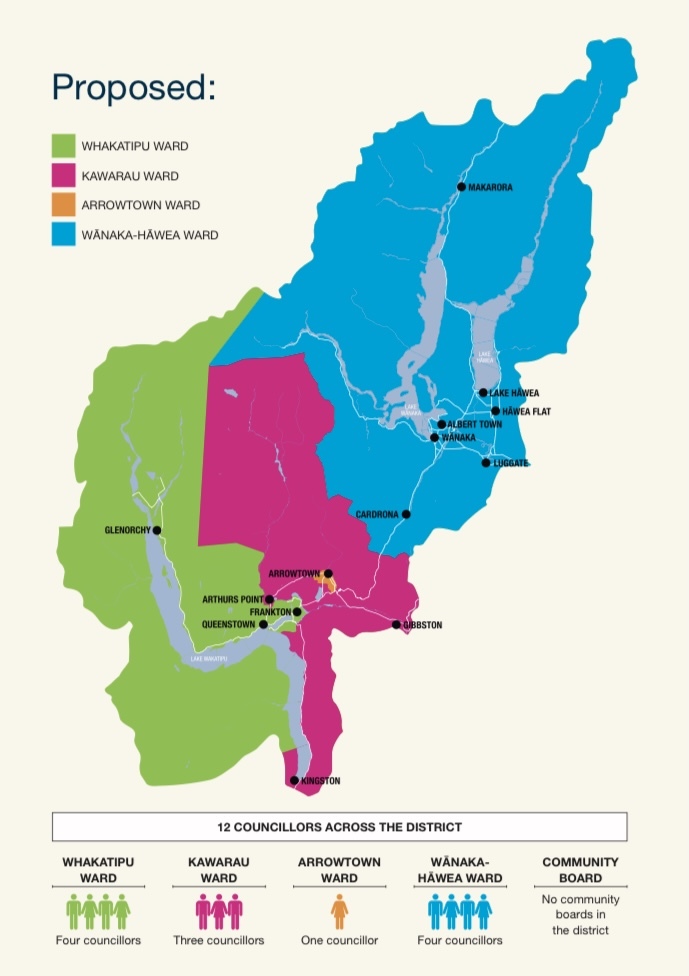Locals support community board, separate Hāwea ward suggested
Sue Wards
22 August 2021, 6:00 PM
 Wanaka’s community board exists to remedy the inequity created by the council being based in Queenstown, submitters said. PHOTO: Wanaka App
Wanaka’s community board exists to remedy the inequity created by the council being based in Queenstown, submitters said. PHOTO: Wanaka AppSuggestions that the Upper Clutha strike out on its own as a district, and that Hāwea deserves to be a separate ward were repeated among submissions on the representation review to the Queenstown Lakes District Council (QLDC), together with support for Wanaka’s community board.
The QLDC has published submissions online on the proposed representation model ahead of formal hearings this week.
A total of 302 submissions were received during community consultation that ran from July 5 to August 6.
The QLDC said in a statement there was “broad support” for the overall proposal adopted for consultation, which included increasing the overall number of councillors from ten to 12; electing councillors by ward; four proposed ward boundaries (Whakatipu, Kawarau, Arrowtown and Wanaka-Hāwea); and the number of proposed councillors elected per ward.
Support for Wanaka Community Board
The council’s recommendations included removing the Wanaka Community Board (WCB), but two thirds of submitters, mainly from the Upper Clutha, supported retaining the board.

“Community boards, run well, should allow the actual voice of the community to shine through,” said one submitter. PHOTO: Supplied
There was anger expressed at the way the QLDC had presented the review recommendations, which suggested that the extra councillor for the Wanaka Ward was a trade off for potentially losing the WCB, when the extra councillor was actually a given due to Wanaka’s increased population.
“Yet again, unelected Queenstown-based officials are attempting to remove the Wanaka Community Board. Our board is an essential service to the Wanaka-Hāwea community, enabling grass-roots democracy, local understanding, and local action on an everyday basis,” Warwick Thompson of Wanaka said.
A number of submitters pointed out that while the WCB has been ineffective in recent years, that hasn’t always been the case.
Former QLDC councillor Leigh Overton supported retention of the WCB, “conditional on QLDC completely changing its approach and level of support for the community board”.
And Helen Howarth suggested: “Rather than disband something because it is perceived to lack teeth, it should be enabled to perform its task better.”
Council ‘contempt’ for Wanaka
Long term residents Gilbert and Robyn van Reenen said they have observed “a lamentable steady decline in the participation by residents in local government processes as well as satisfaction with the performance of council and their representatives” in the past five years.
The WCB exists to remedy the inequity created by the council being based in Queenstown, they said.
“The WCB's role is to provide local, on-the-ground, institutional knowledge and accountability that is lacking in a Queenstown-based council. We need look no further than the deplorable saga of the Wanaka airport lease to recognise that the QLDC, its elected mayor and councillors, including Wanaka ward councillors, has treated Wanaka residents with contempt.”
Wayne Hudson of Wanaka took issue with the representation review panel’s words that the WCB “creates an additional level of bureaucracy".
“Bureaucracy has no bearing on the issue of representation; that is just a natural consequence of giving the people in our community a voice and a forum at which to be heard. New Zealand already suffers from a lack of participation in local democracy compared with the rest of the OECD countries and the removal of the community board would reflect a serious backsliding in local democracy,” he said.
Others were more pithy: “Community boards, run well, should allow the actual voice of the community to shine through, why would you scrap them? It's not like QLDC has a track record of amazing community engagement, or is this the point?” Simon Williams said.
Dennis and Olwyn Pezaro suggested it was “grossly improper for Queenstown people to vote concerning the future of the WCB. They would be voting to dispossess others when their own interests are presently and foreseeably protected by a 2:1 voting majority”.
A separate Hāwea ward?
Some submitters also questioned why Arrowtown should be a separate ward while Hāwea, which is larger in area and population, should not; and a number of submitters pushed for a separate Hāwea ward.
Four wards have been proposed. IMAGE: Supplied
Arrowtown was disestablished as a separate ward in the original recommendations, but at the council meeting in July Arrowtown councillor Heath Copeland said the council’s representation review advisory group had got it wrong and proposed that Arrowtown continue as a ward. Five elected members voted in favour and five against, and the mayor’s casting vote in favour of the proposed four wards meant the recommendation to disestablish the Arrowtown Ward was reversed.
Upper Clutha District Council proposed
Many submitters made suggestions for other changes beyond the scope of the representation review, for example the suggestion the district be renamed the Southern Lakes District Council as “a step to our council owning the whole area it governs”.
Some also suggested that the Upper Clutha become a separate district council.
“I think it is time that the Upper Clutha district had its own council and mayor so that we have control of our own future,” Fred Thomas of Luggate said.
Lisa Thorne of Wanaka also suggested a divorce: “I think there should be two separate councils with separate mayors to look after the best interests of two very different places.”
Next steps
QLDC senior governance advisor and electoral officer Jane Robertson said elected members have had a chance to review the submissions.
Hearings are scheduled to take place in Queenstown on Thursday August 26 and Wanaka on Friday August 27. These are open to the public but only submitters may speak. The hearings panel will be the full council.
“Council will then consider whether to retain the original proposal or to change it, with a decision expected to be made at the full council meeting on 16 September. Following that, there will be a one-month period of appeals and/or objections. If any appeals and/or objections are received, the Electoral Commission will make a final decision,” Jane said.







